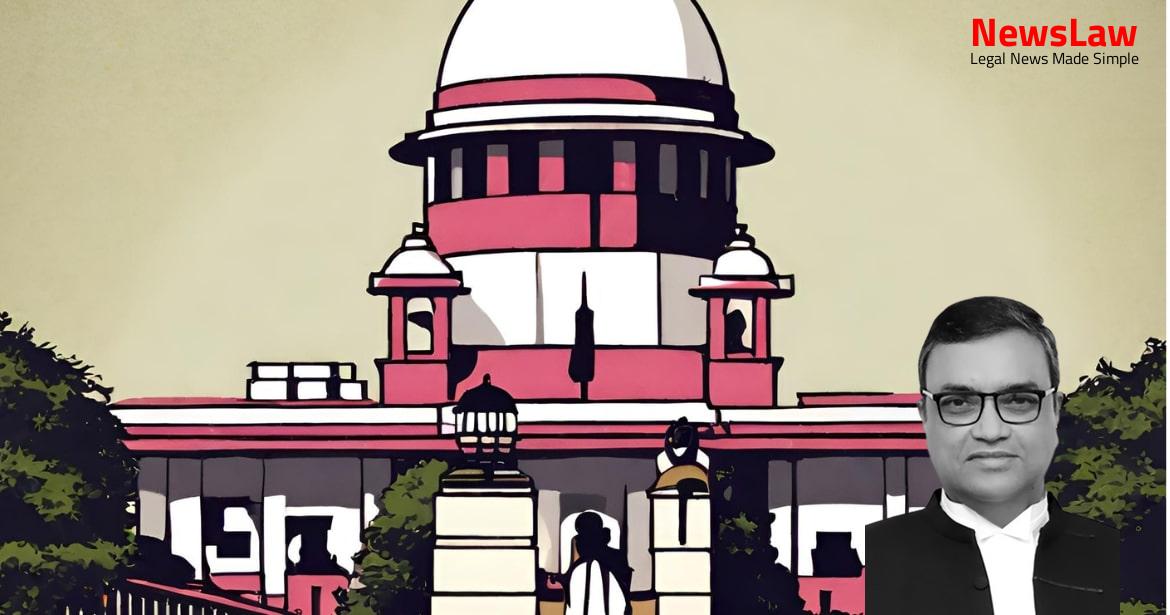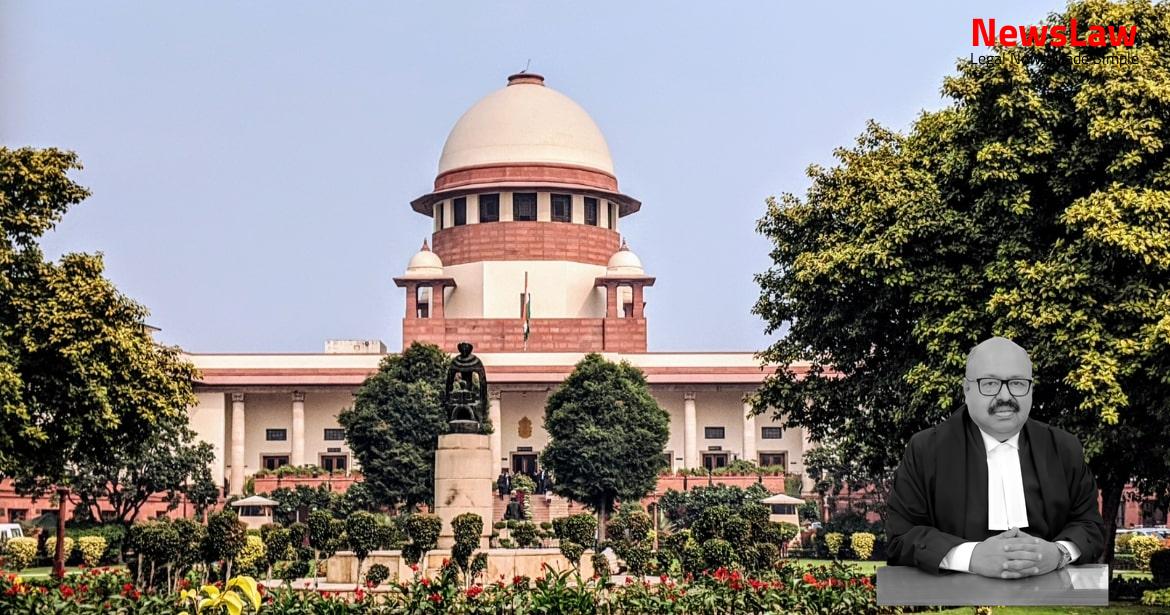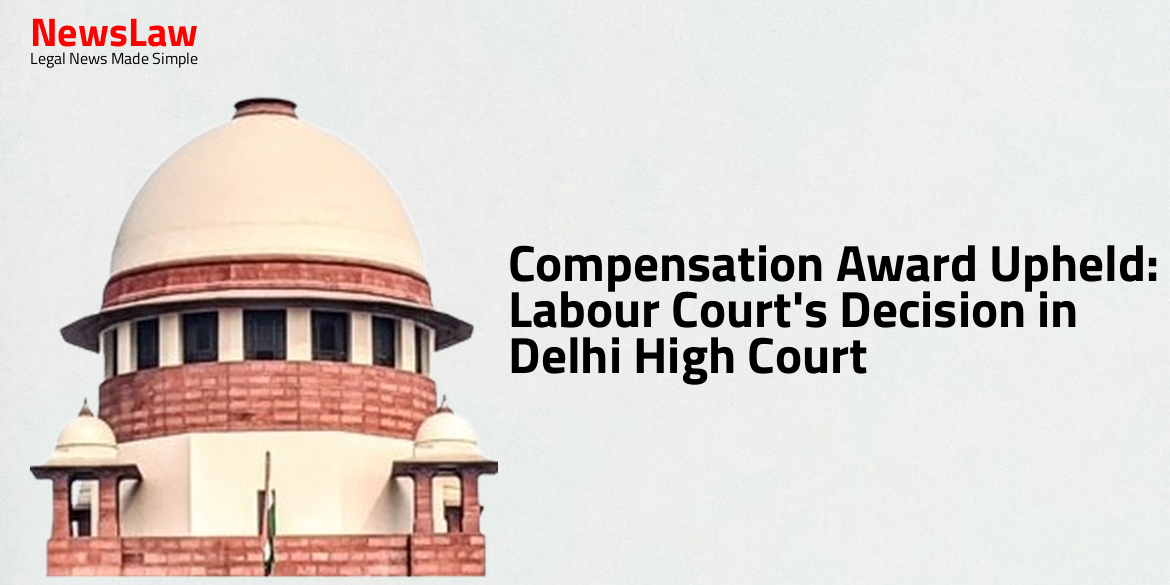This appeal, by special leave, registers a challenge to an order dated 12 October, 2009 passed by the High Court of Punjab and Haryana at Chandigarh (hereafter ‘the High Court’, for short) dismissing Civil Writ Petition No.9191 of 2009 presented by the appellant and relegating it to the remedy of an appeal under section 33 of the Haryana Value Added Tax Act, 2003 (hereafter ‘the VAT Act’, for short). Orissa State Electricity Board & Anr.)
based on which it was contended on their behalf that where any right or liberty arises under a particular Act then the remedy available under that Act has to be availed, the High Court was of the opinion that there can be no presumption that the appellate authority would not be able to grant relief sought in the writ petition; hence, the writ petition was dismissed and the appellants were relegated to the appellate remedy. Before answering the questions, we feel the urge to say a few words on the exercise of writ powers conferred by Article 226 of the Constitution having come across certain orders passed by the high courts holding writ petitions as “not maintainable” merely because the alternative remedy provided by the relevant statutes has not been pursued by the parties desirous of invocation of the writ jurisdiction.
At the same time, it must be remembered that mere availability of an alternative remedy of appeal or revision, which the party invoking the jurisdiction of the high court under Article 226 has not pursued, would not oust the jurisdiction of the high court and render a writ petition “not maintainable”. Hence, dismissal of a writ petition by a high court on the ground that the petitioner has not availed the alternative remedy without, however, examining whether an exceptional case has been made out for such entertainment would not be proper. At the end of the last century, this Court in paragraph 15 of the its decision reported in (1998) 8 SCC 1 (Whirlpool Corporation vs Registrar of Trade Marks, Mumbai and Others) carved out the exceptions on the existence whereof a Writ Court would be justified in entertaining a writ petition despite the party approaching it not having availed the alternative remedy provided by the statute. What follows from the said decisions is that where the controversy is a purely legal one and it does not involve disputed questions of fact but only questions of law, then it should be decided by the high court instead of dismissing the writ petition on the ground of an alternative remedy being available.
Now, reverting to the facts of this appeal, we find that the appellant had claimed before the High Court that the suo motu revisional power could not have been exercised by the Revisional Authority in view of the existing facts and circumstances leading to the only conclusion that the assessment orders were legally correct and that the final orders impugned in the writ petition were passed upon assuming a jurisdiction which the Revisional Authority did not possess.
This Court was approached whereupon it was held that in view of the issues raised, there was no reason why the appellant company should not pursue its remedy in arbitration, having solemnly accepted clause 23 of the agreement, and instead invoke the extraordinary jurisdiction of the high court under Article 226 of the Constitution to determine questions which really form the subject matter of the arbitration agreement. While upholding the impugned order of dismissal of the writ petition, where an order passed by the Sales Tax Officer was under challenge, this Court in Titaghur Paper Mills Co. As noted above, the very jurisdiction of the Revisional Authority having been questioned in the writ petition, the impugned order of the High Court dismissing the writ petition without examining the merits of the challenge cannot be sustained even if the High Court were to rely on Titaghur Paper Mills Co. Since prior to reserving judgment on this appeal we had heard the parties on the merits of the jurisdictional issue that the appellant had raised before the High Court, it is time to rule on the jurisdiction of the Revisional Authority.
Upon hearing the representative of the appellant, orders dated 28 February, 2007 and 28 March, 2008 were passed by the Assessing Authority for the Assessment Years 2003-04 and 2004-05, respectively, accepting the classification of goods and the rate of tax as stated by the appellant in its returns, i.e. However, before us, the only limited question which the appellant raised was, whether the orders of the Revisional Authority, both dated 2 March, 2009, seeking to revise the orders of the Assessing Authority dated 28 February, 2007 and 28 March, 2008 pertaining to the Assessment Years 2003-04 and 2004-05, have been issued in exercise of jurisdiction conferred by law. The assessment order dated 28 March, 2008 of the Assessing Authority under section 15 of the VAT Act pertaining to Assessment Year 2004-05, which was sought to be revised by the Revisional Authority, had taken into consideration the decision of this Court reported in (1998) 6 SCC 397 (Sonic Electrochem vs. Lakshmikumaran, learned counsel, contended that the Assessing Authority having passed the order dated 28 March, 2008 taking into consideration the decision of the Tribunal, which in turn distinguished the decision in Sonic Electrochem (supra attained), and such decision having finality, the Revisional Authority could not have assumed a jurisdiction to suo motu issue the impugned show-cause notices as well as the final revisional orders under section 34 of the VAT Act holding that mosquito repellent mats being unscheduled goods, are taxable at the general rate of tax.
Also Read: https://newslaw.in/supreme-court/appellant-convicted-for-culpable-homicide-not-amounting-to-murder/
According to him, the Revisional Authority was as much bound by the order of the Tribunal as the Assessing Authority was having regard to the similarity of issues involved and it was not open to such authority to take a view different from the one expressed by the Tribunal. Lakshmikumaran, accordingly, prayed that upon the revisional orders being set aside, the orders of the Assessing Authority be restored. Sangwan to accept that the Revisional Authority did have the authority, competence and jurisdiction to issue the impugned show-cause notices and pass the consequential final revisional orders impugned in the writ petition enhancing the liability of the appellant to tax @ 10% instead of 4%.
Thus, the sine qua non for exercise of power under section 34 is the satisfaction of the Revisional Authority that an order has been made by a taxing authority in any proceeding prejudicial to the interests of the State, the legality or propriety of which appears to him to be prima facie vulnerable.
The decision in Sonic Electrochem (supra) was rendered upon consideration of the Gujarat Sales Tax Act, 1969 (hereafter ‘the Sales Tax Act’, for short).
Also Read: https://newslaw.in/supreme-court/ownership-dispute-commissioners-order-and-revenue-documents/
Entry 129, dealing with mosquito repellents, this Court overruled the contention of the appellant therein that ‘Jet Mat’ would not come within the ambit of Entry 129 since one of its constituents happens to be an insecticide.
While deciding the present appeal, we are primarily concerned with the issue of assumption of jurisdiction by the Revisional Authority on the face of the unchallenged order of the Tribunal dated 21 November, 2001, and not with the merits of the decision either given by the Tribunal or by the Revisional Authority. So long it is not disputed that the Tribunal’s decision, having regard to the framework of classification of products/tax liability then existing, continues to remain operative and such framework too continues to remain operative when the impugned revisional orders were made, the Revisional Authority was left with no other choice but to follow the decision of the Tribunal without any reservation. Sangwan could have invited our attention to any such decision, which were acceptable to us, the issue decided by the Tribunal could have been reopened on the ground that it is a debatable issue and interference with the final orders passed by the Revisional Authority may not have been resorted to, leaving the appellant to pursue the appellate remedy under the VAT Act. Additionally, to impeach an order on the ground of moral impropriety, it has to be shown that the weight of facts together with the applicable law overwhelmingly points to one course of action but the decision has surprisingly gone the other way, giving reason to suspect misbehaviour or misconduct in the sphere of activity of the decision maker warranting a revision. In such circumstances, to brand the orders of the Assessing Authority as suffering from illegality and impropriety appears to us to be not only unjustified but also demonstrates thorough lack of understanding of the principle regulating exercise of suo motu revisional power by a quasi-judicial authority apart from being in breach of the principle of judicial discipline, while confronted with orders passed by a superior Tribunal/Court.
The interim order dated 18 January, 2010 is made absolute.
Case Title: M/S. GODREJ SARA LEE LTD. Vs. THE EXCISE AND TAXATION OFFICER CUM ASSESSING AUTHORITY (2023 INSC 92)
Case Number: C.A. No.-005393-005393 / 2010



